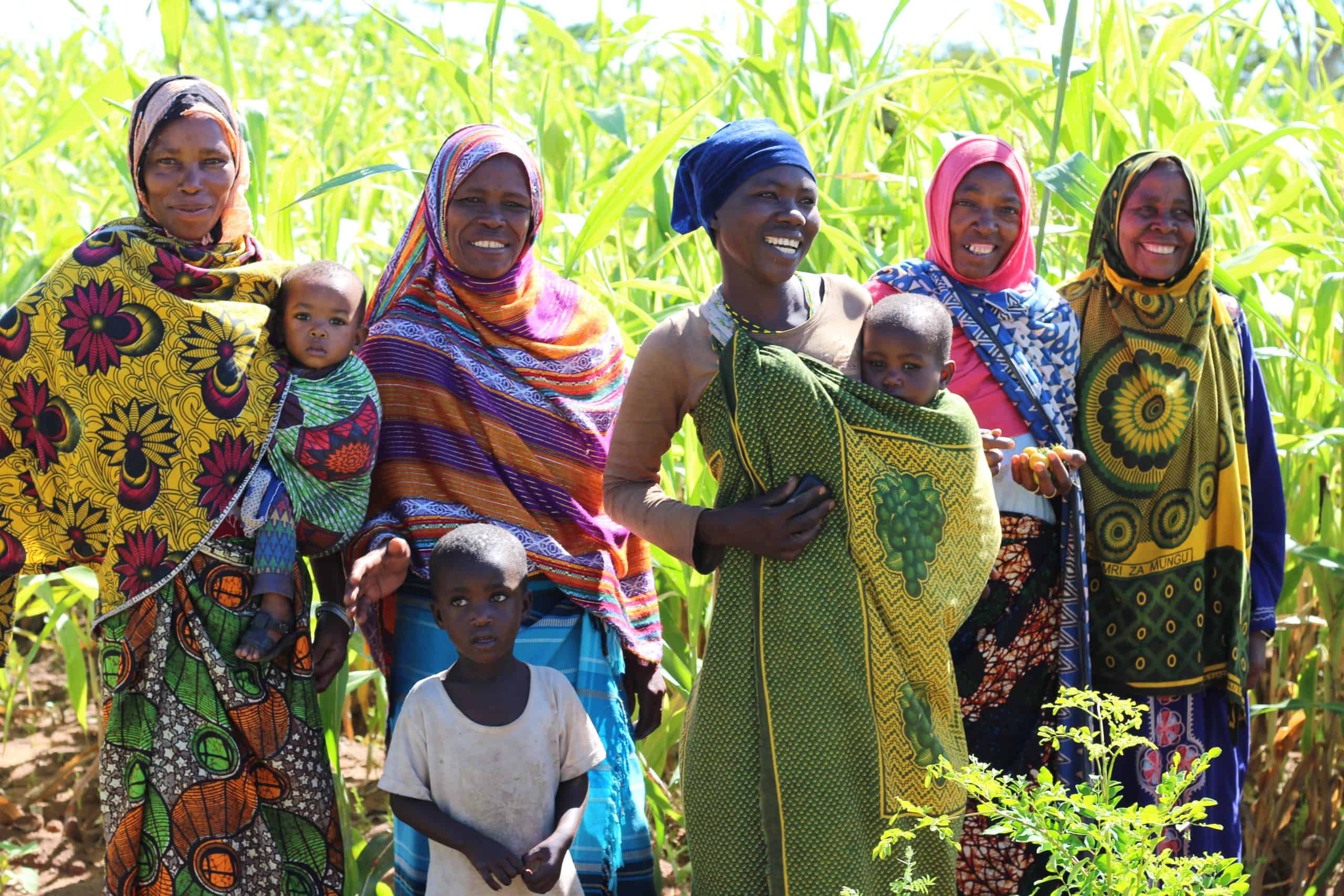Our Forest Garden program brings farmers together in groups where they attend training sessions, support each other, and collaborate through every stage — planning, planting, and harvesting. However, these groups often become more than just agricultural training communities.
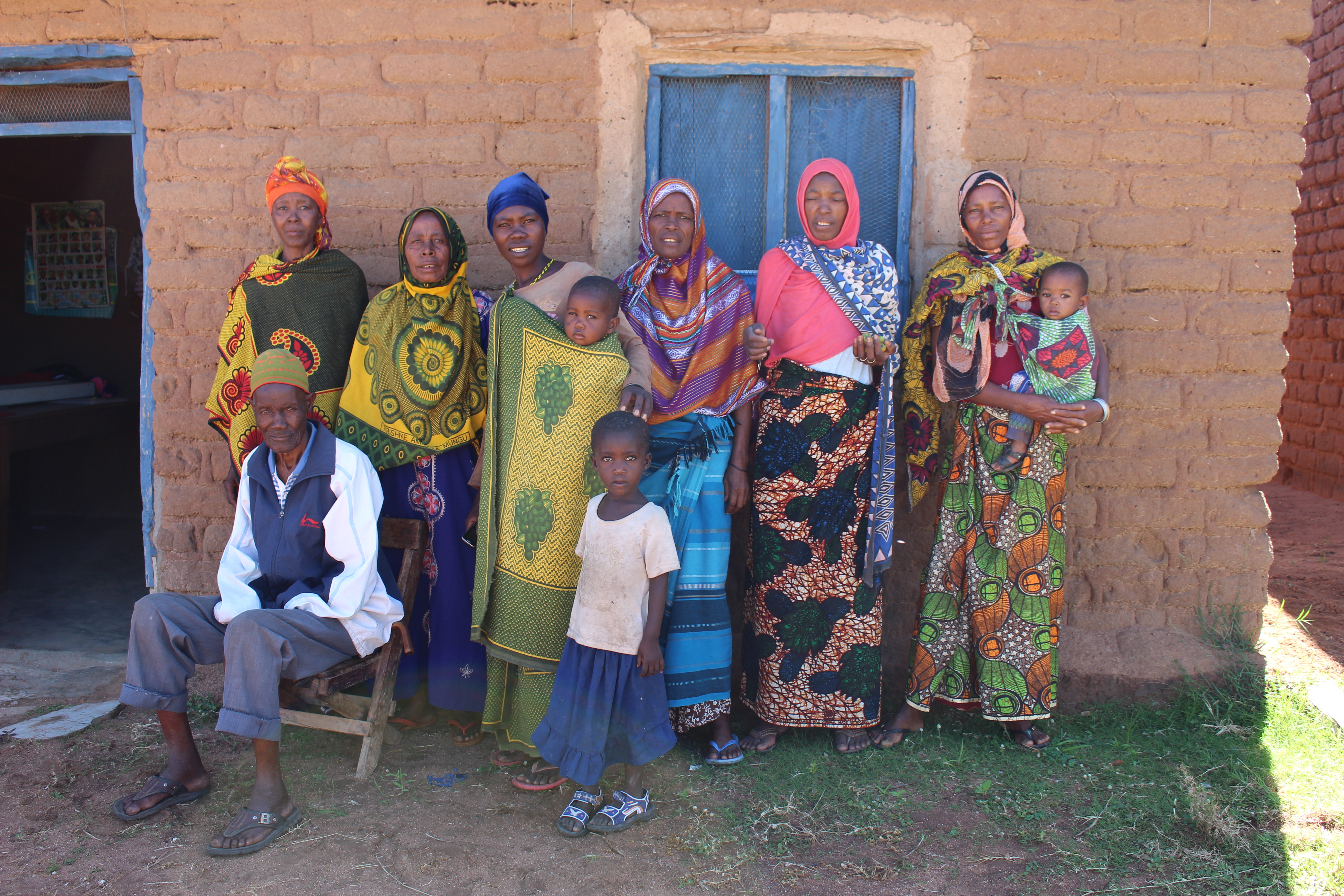
A Support Network Beyond Farming
For the Upendo group of Tanzania, the farmers are each other’s biggest support system. Each member lives with HIV and joined through a referral from a nearby clinic. While they share this medical condition, they come from diverse backgrounds — men and women, young and old, Muslims and Christians — all working together for a better future.
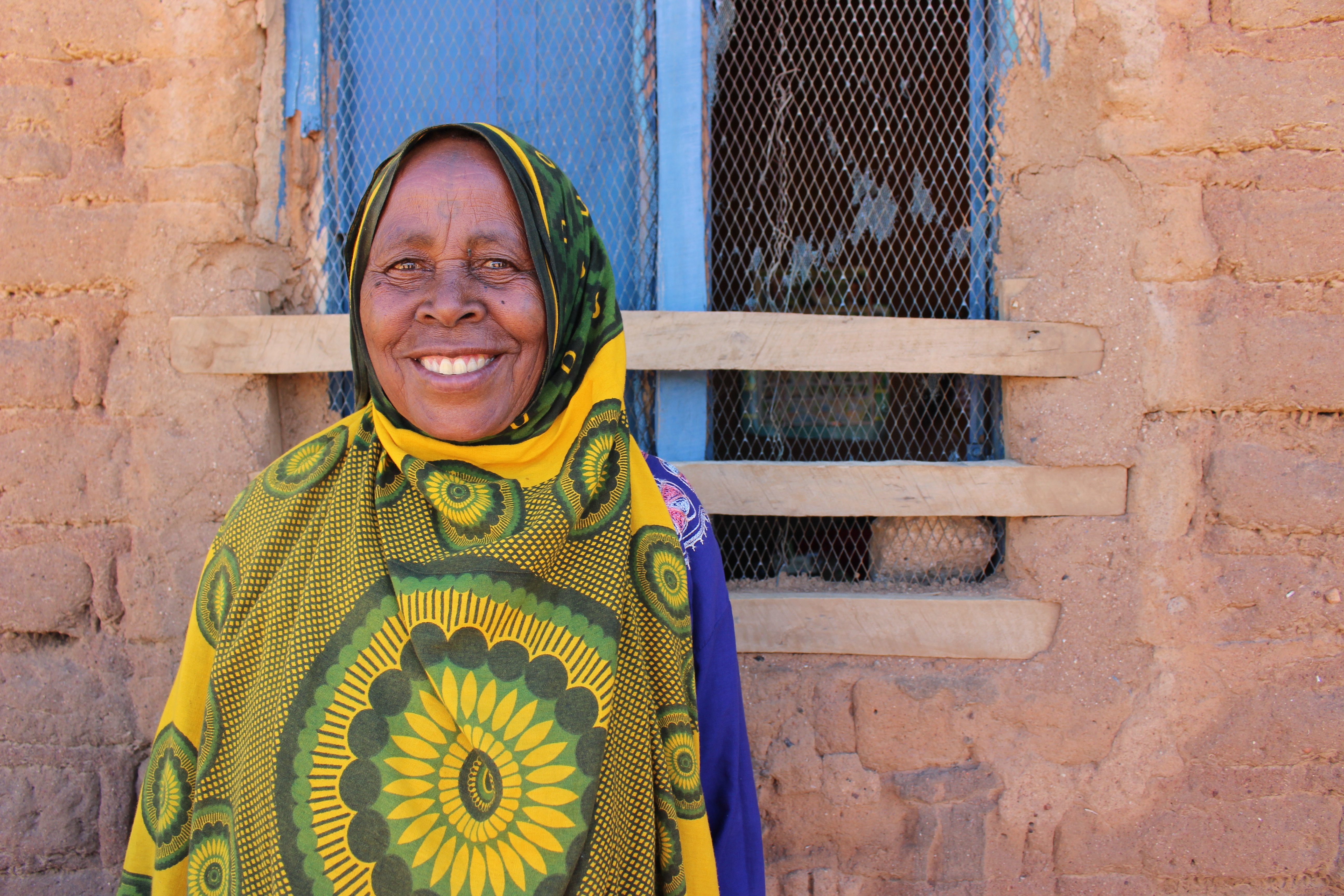
Leadership and Community Growth
The group’s leader, Hawa, is a dynamic force. She monitors the progress of each member’s Forest Garden and hosts weekly support meetings. Additionally, she stores weaving and sewing equipment that the group purchased collectively. Members use these tools to create hats, sweaters, and garments for extra income. Being part of Trees for the Future’s Forest Garden Program has transformed their lives. Although they have been a group for nearly a decade, they joined Trees for the Future just last year. Now, they are converting their land into flourishing gardens to feed their families and generate income.
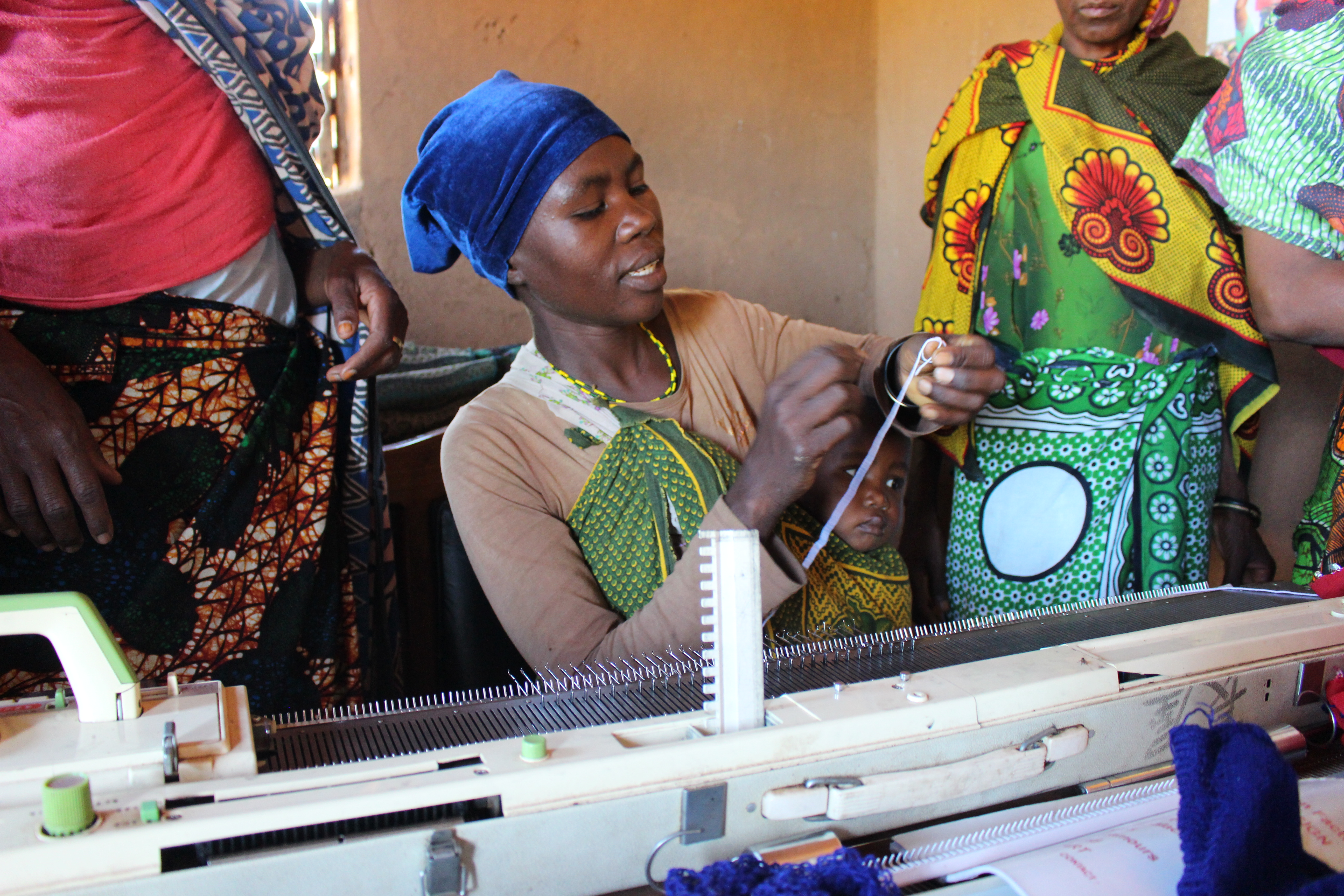
HIV Awareness and Treatment in Tanzania
Due to greater awareness, education, and treatment, HIV prevalence in Tanzania has declined in recent years. The Singida region, where Upendo operates, has one of the country’s lowest rates at 2.7%, compared to the national average of 4.7%. New cases are identified earlier, allowing immediate treatment and prevention measures. Moreover, antiretroviral therapy (ART) is now widely available and provided free of charge by the Tanzanian government. With proper treatment, people with HIV can lead long, active lives.
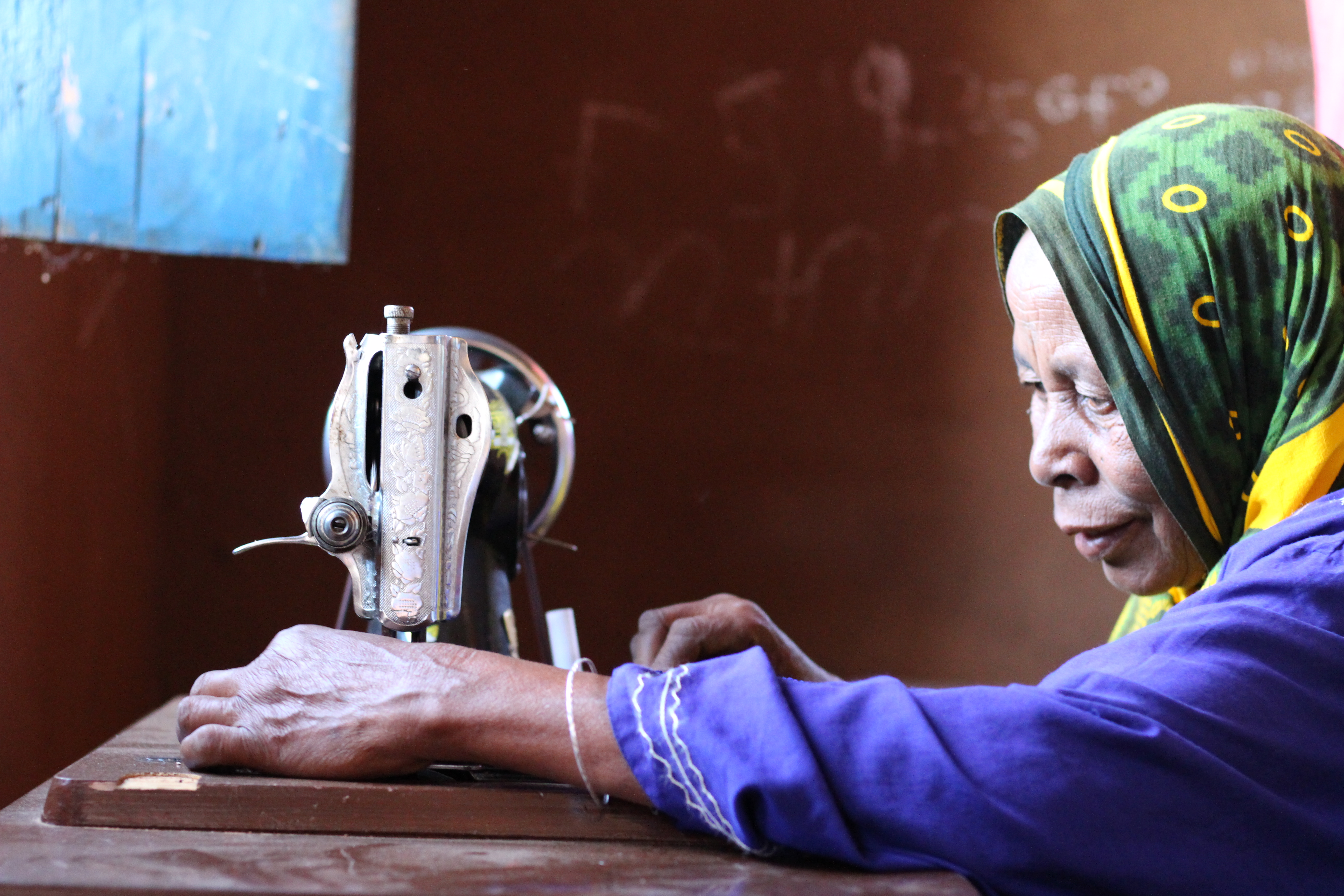
A key to receiving benefit from ART is being properly nourished. Farmers who are a part of the Forest Garden program are better able to be successful in their treatments due to their access to more abundant and diverse foods throughout the year. However, due to prejudice and the reality of physical ailments those with more advanced stages of HIV face, working outside the home is not always a viable option. But with the group support, Upendo farmers can work their land with the help of one another and their families. They also gather together in their leader’s home to create goods for sale, which requires less physical exertion. Together, as a group, they are lifting themselves out of poverty and working toward a more sustainable and constant income to ensure their family’s needs are met and they can live a happier and longer life.
